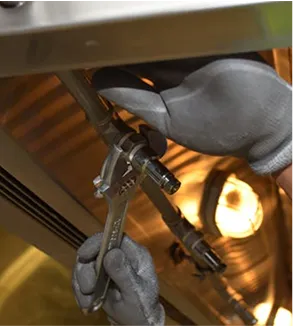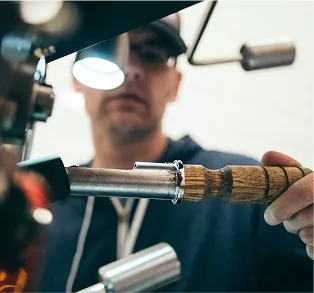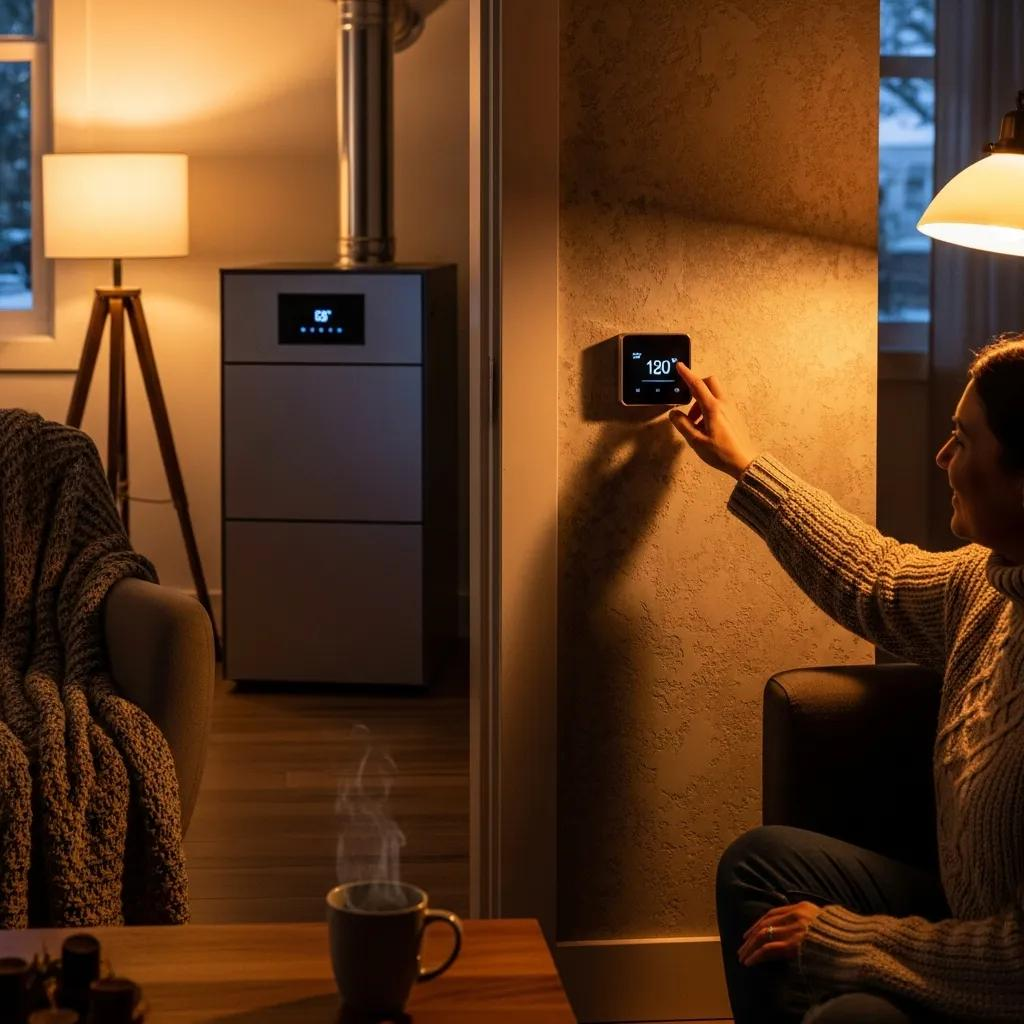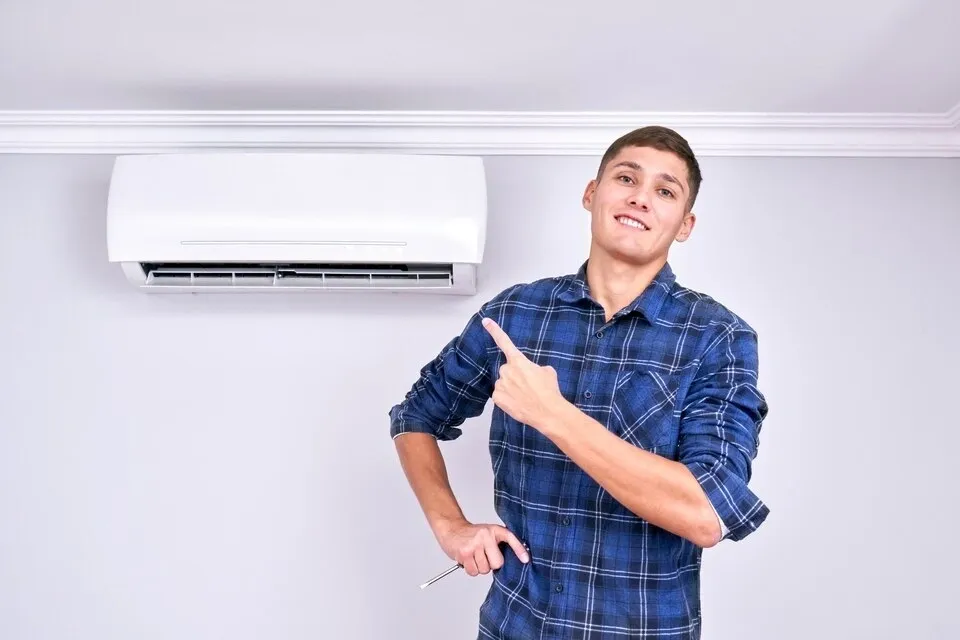
When your AC compressor won’t start, it doesn’t just mean a warmer house. It often signals a bigger issue that needs to be addressed before the heat gets worse. For homeowners in Buford dealing with hot and humid summer days, finding out that cool air isn’t coming from the vents can become a frustrating and uncomfortable experience.
The AC compressor plays a key role in how the system cools your home. It moves refrigerant through the unit and helps release the heat outside. If it fails to start, your entire air conditioning system can quickly become ineffective. Understanding why the compressor won’t run helps prevent long-term damage and costly repairs later on. Let’s look at some of the common reasons this happens and what you can do about it.
Common Causes of AC Compressor Failure
Most compressor issues start with mechanical or electrical problems. When the compressor doesn’t receive the right signals or support from the system, it won’t function properly. Recognizing the root cause leads to faster resolution and protects your system from further wear.
Here are some of the most common causes of compressor failure:
- Blown fuses or tripped breakers: If the AC unit isn’t getting power, the compressor won’t be able to turn on. This usually happens when the circuit gets overloaded or there’s a surge.
- Low refrigerant levels: Refrigerant helps the compressor do its job. If the system has a leak, pressure levels drop, and the compressor might not start or could overheat trying to operate with what’s left.
- Damaged or worn-out motor: Over time, the motor inside the compressor can become faulty due to age or wear. If it struggles to start or runs loudly, it can signal a deeper internal issue.
- Dirt and debris buildup: The outdoor condenser unit can gather dust, leaves, or other blockages that slow down system performance. If airflow is restricted or the unit overheats, the compressor can shut off as a protective response.
For example, a homeowner in Buford recently experienced warm airflow even though the thermostat was set correctly. After a quick check, they found the outdoor unit humming but not turning on. It turned out a circuit breaker had tripped. The issue was resolved after a technician pinpointed a short in the wiring connected to the compressor.
Compressors are complex and support almost every other part of the cooling system. Spotting signs of damage early lowers the chances of system-wide problems and will help avoid expensive service calls down the line. Catching trouble before it spreads is key.
How to Diagnose the Problem
Knowing how to spot compressor issues early provides a head start on getting them fixed. While most problems require professional support, there are a few basic steps homeowners can take to identify what might be going wrong.
Start with these checks:
1. Make sure the thermostat is set to cooling mode and the set temperature is lower than the indoor temperature.
2. Check the circuit breaker box for any tripped breakers or blown fuses connected to the AC system.
3. Listen to the outdoor unit. Is it making a soft humming noise without the fan spinning? That may point to an issue with the capacitor or a seized motor.
4. Inspect the area around the outdoor unit. Remove leaves or dirt that may block airflow and contribute to overheating.
5. Feel the airflow from vents. If it’s weak or warm, there’s a chance the compressor isn’t sending refrigerant through the system.
Keep in mind, while these checks might give clues, accurate diagnosis and repair should be done by trained professionals. Working with electrical parts or refrigerant can be unsafe and cause damage if done incorrectly. Spotting performance changes early and calling for trusted AC service in Buford helps keep your system running smoothly when the heat is relentless.
Why Professional Help Is Crucial
While it might seem like a small issue, a compressor that won’t start is rarely simple. Air conditioning systems rely on several components working together, so isolating the cause often requires in-depth system knowledge. One incorrect adjustment can quickly lead to bigger repairs, higher costs, or even system failure. That’s why calling in our professionals is key when the compressor won’t respond.
There are serious safety concerns involved, especially when working with electrical wiring or refrigerant. A blown capacitor or wiring short might look harmless but can create shock risks. Refrigerant leaks can also become a hazard without the proper handling tools. Our technicians use the right instruments to safely test pressure, locate faults, and restore your system without risking damage to your property or health.
Our technicians are trained to look beyond the obvious issue and evaluate the entire system. In many cases, the compressor is responding to a larger problem elsewhere, such as an overworked air handler or a blocked coil. Fixing the symptom alone may temporarily restore function, but a full evaluation helps prevent the problem from coming back. Pinpointing the real cause keeps your AC system working reliably during the height of Buford’s hot season.
Preventive Steps to Avoid Future Compressor Trouble
Homeowners in Buford can take several straightforward steps to protect their compressor and air conditioning system. Preventive action helps reduce wear, improves cooling performance, and lowers the chance of sudden outages. Creating a habit of regular care is better than fixing emergency breakdowns under pressure.
Here’s a list of practical ways to help prevent compressor failure:
- Schedule routine tune-ups with trained AC technicians before summer begins.
- Trim any bushes or vegetation near the outdoor unit to improve airflow.
- Use a garden hose with low pressure to gently rinse off dust or grass around the condenser fins.
- Check thermostat settings and avoid frequent temperature swings that can stress the system.
- Pay attention to changes in airflow, strange sounds, or higher energy bills—early signs that something may be wrong.
- Set reminders to check or replace air filters every 1 to 2 months, especially if you have pets or allergies.
Each of these steps keeps your system running consistently and gives you time to catch issues before they become major repairs. For instance, during a recent maintenance visit in Buford, an AC tech found signs of weakening electrical contacts inside a disconnect box. By catching it early, the homeowner avoided an unexpected compressor shutdown during peak heat.
Ensuring Your AC Runs Smoothly in Buford
Addressing a non-starting compressor quickly helps prevent bigger issues across your entire AC system. It takes the right tools and experience to correctly identify and resolve the problem. While a quick fix might seem appealing, a deeper issue often exists beneath the surface. Acting early and calling in qualified support leads to better results and keeps your home comfortable without interruptions.
The summer season in Buford pushes AC systems to their limits. If the compressor isn’t working, cool air stops flowing and the rest of the home begins to heat up fast. Staying ahead of maintenance and keeping an eye out for warning signs can make a big difference. From unusual humming noises to weak airflow, these signals are your system’s way of asking for help. Quality AC service in Buford makes all the difference between temporary cooling and long-term comfort.
At Southeast Heating and Cooling, we understand that a compressor issue can leave your entire system vulnerable during Buford's hottest days. For dependable and efficient AC service in Buford, trust our experienced team to identify and fix the problem. For a quick estimate or to book a service visit, please contact us today.
Related Blogs
Customer Testimonials


Financing


Latest Blogs

Ultimate Guide to Home Heating Solutions & Systems

Why Proactive HVAC Maintenance Saves You Money & Headaches

Troubleshooting Common Furnace Issues










